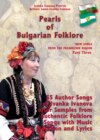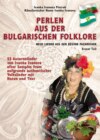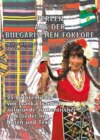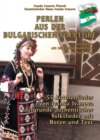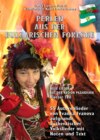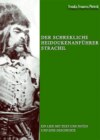Objętość 70 stron
Pearls of Bulgarian Folklore
O książce
E
55 unpublished Author songs of the singer based on authentic folk songs from Pazardzhik, with music and lyrics classified by type and ex- planations of foreign words, unfamiliar words and dialect
Lyrics are in Bulgarian original written in Latin letters, and translated into English..
==================================================================================
D
55 nicht veröffentlichte Autorenlieder der Sängerin, geschaffen auf Grundlage authentischer Volkslieder aus der Region Pazardshik incl. Noten und Texte, klassifiziert nach ihrer Art und mit Erklärungen der Fremdwörter, unbekannte Wörter und Dialekte
Songtexte sind in bulgarischer Sprache Original in lateinischen Buchstaben geschrieben, und in English übersetzt..
=====================================================================================
BG
55 непубликувани авторски песни на певицата, създадени по об- разци на автентични народни песни от Пазарджишко, с ноти и текст, класифицирани по вид и с обяснения на чуждиците, непознатите и диалектните думи.
Текстовете са на български оригинален написани с латински и преведени на английски.













